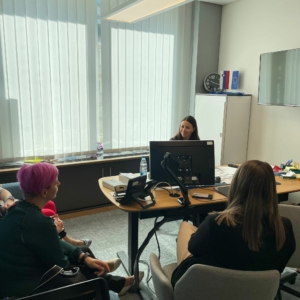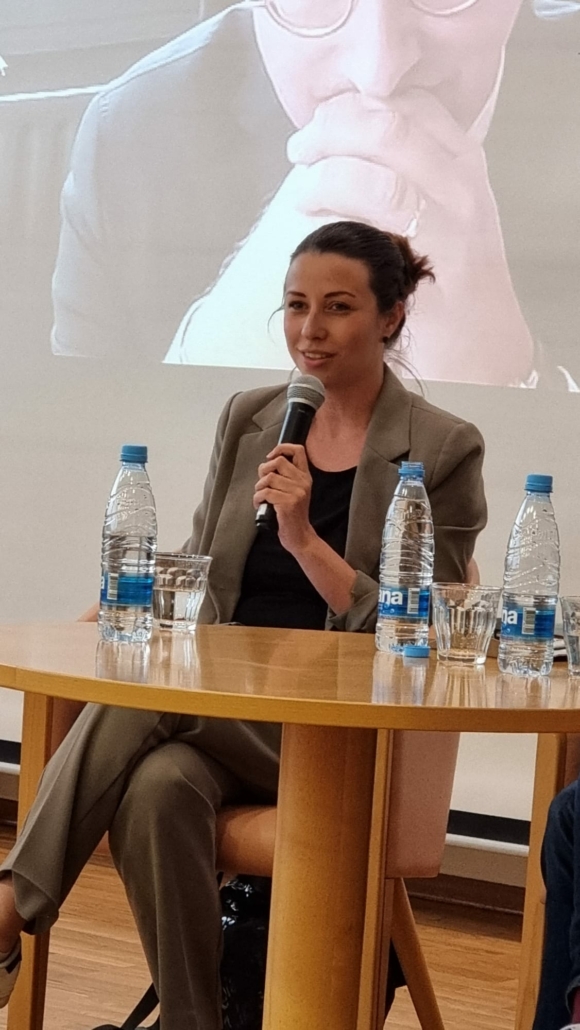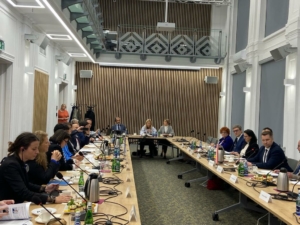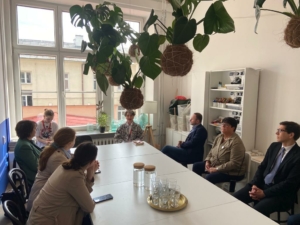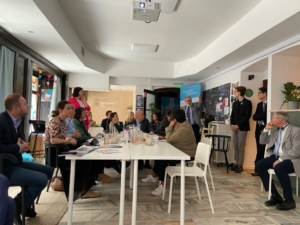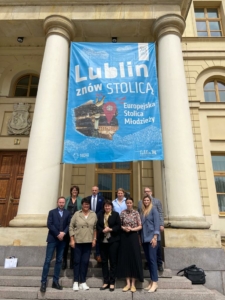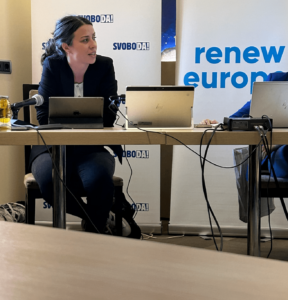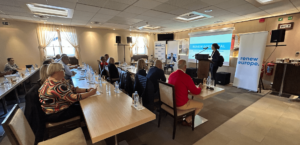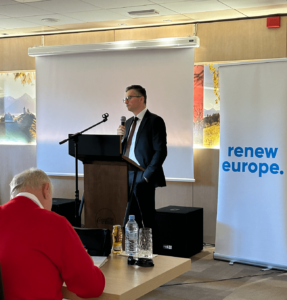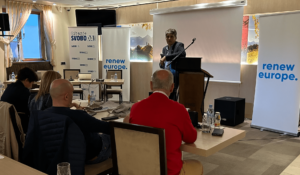On Wednesday, 14 June 2023, MEP Irena Joveva discussed the implementation and delivery of the Sustainable Development Goals (SDGs) at the plenary session in Strasbourg. She stressed that the time for action is now, as 2030 is just around the corner. The challenges are deepening and we seem to have learned nothing, she added.
“Ever since the signing of the Sustainable Development Agenda, the EU has been committed to leading the way in achieving the goals. We want to achieve them by 2030, don’t we?”
As Joveva continued, the Green Deal adopted during this term of the European Parliament, marked the first steps in the right direction, but then we were hit by a pandemic. After stepping together to resolve the health situation, a war broke out on our continent, which was followed by the energy and financial crises. She expressed her concern that we are not prepared for all the problems that continue to arise.
“Meanwhile, inequalities are growing and environmental, health, financial, food and social challenges are deepening. We should have learnt that such all-encompassing challenges cannot be solved with minor, fragmented sectoral solutions. It seems that we have not.”
Joveva also highlighted the fact that 2030 is just around the corner and still no strategy and financial plan for the Agenda’s implementation have been presented, despite the European Parliament having called on the European Commission to prepare one already last year.
“Let’s make sure that the current appeal proves more successful because it’s time for action. For the good of the people, the planet, prosperity and, last but not least, peace and freedom.”
Background:
This year’s report is a follow-up to last year’s report, which aimed to strengthen the implementation of the Sustainable Development Goals in the areas of governance, finance and international diplomacy. It contains strong calls for a long-awaited high-level strategy for the implementation of SDGs, a strengthened civil society, improved monitoring and mobilisation of resources. The report should be seen as an effort by the European Union ahead of its participation in the annual High-Level Political Forum organised by the European Commission this July, which will focus on accelerating the implementation of the goals, post-COVID-19 recovery and the overall implementation of the 2030 Agenda.
You can watch the speech in Slovenian in full here.
Foto: Genevieve ENGEL

